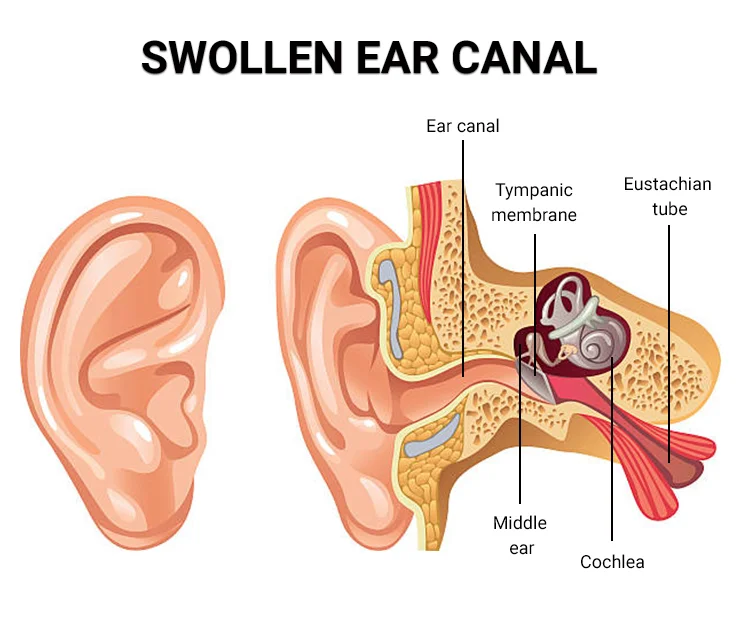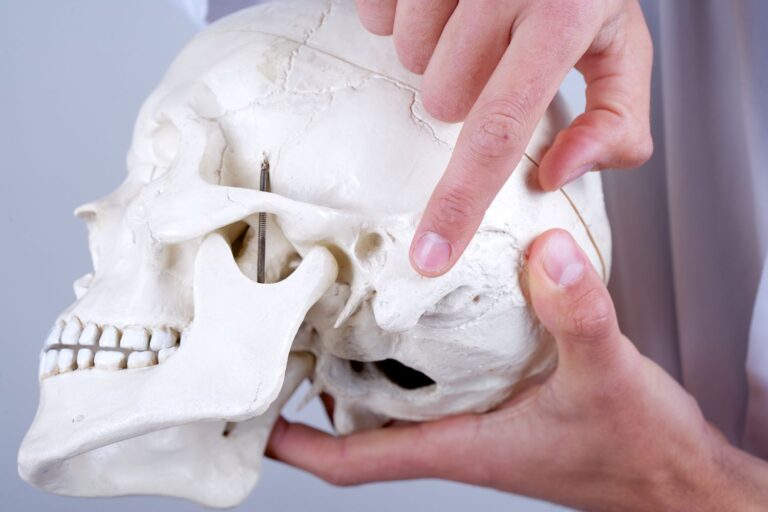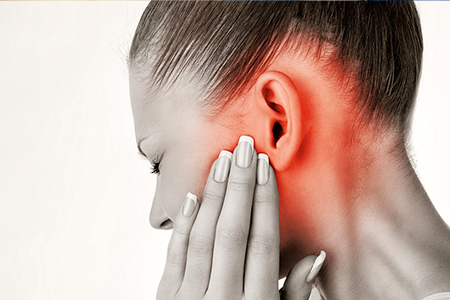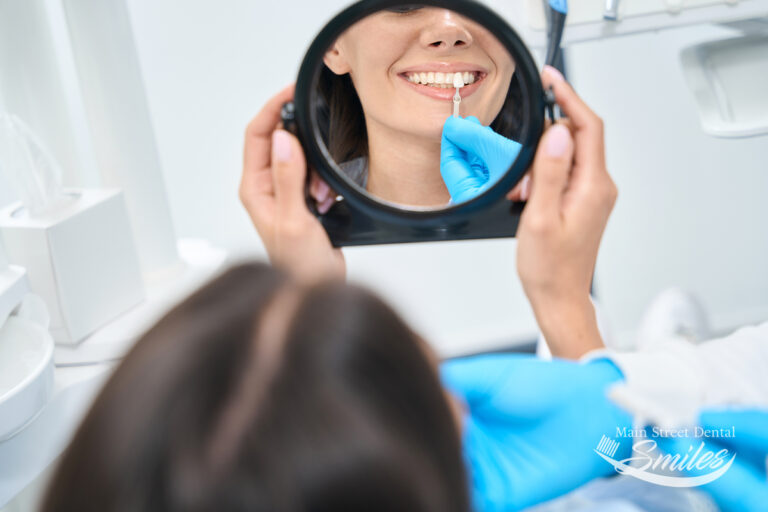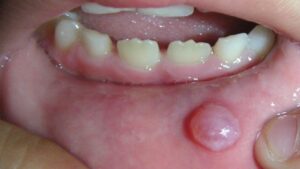Ear infections can be painful and uncomfortable, affecting people of all ages. Whether it’s a bacterial, viral, or fungal infection, finding relief and treating the infection effectively is crucial. In this article, we will explore what helps an ear infection, including medical treatments, home remedies, and preventive measures to help manage and reduce the impact of ear infections.
Understanding Ear Infections
Ear infections typically occur when bacteria or viruses invade the middle ear, the part of the ear behind the eardrum. There are three main types of ear infections:
- Outer Ear Infection (Otitis Externa): Often referred to as swimmer’s ear, this type affects the ear canal and is commonly caused by water exposure, irritants, or infections.
- Middle Ear Infection (Otitis Media): This is the most common type, especially in children, and occurs in the middle ear behind the eardrum. It can result from a cold, flu, or other respiratory infections.
- Inner Ear Infection (Labyrinthitis): This less common type affects the inner ear and can lead to balance and hearing issues.
What Helps an Ear Infection: Medical Treatments
When dealing with an ear infection, seeking medical advice is often necessary to ensure appropriate treatment. Here are some medical treatments that help:
1. Antibiotics
For bacterial ear infections, antibiotics are often prescribed to eliminate the infection. Commonly used antibiotics include amoxicillin and ciprofloxacin. It’s essential to complete the entire course of antibiotics as prescribed, even if symptoms improve before the medication is finished.
2. Antifungal Medications
If the ear infection is caused by fungi, antifungal medications may be necessary. These can be topical drops or oral medications, depending on the severity of the infection.
3. Pain Relievers
Over-the-counter pain relievers, such as ibuprofen or acetaminophen, can help manage pain and reduce fever associated with ear infections. Always follow the dosage instructions on the label and consult a healthcare provider if you have any questions.
4. Ear Drops
Prescription ear drops can help alleviate pain and inflammation. These drops may contain a combination of antibiotics and steroids to address both infection and inflammation.
5. Warm Compresses
Applying a warm compress to the affected ear can help reduce pain and discomfort. Ensure the compress is not too hot, and use it for 20 minutes at a time.
What Helps an Ear Infection: Home Remedies
In addition to medical treatments, several home remedies can provide relief and support recovery from an ear infection:
1. Keep the Ear Dry
Keeping the ear dry is crucial to prevent further irritation or infection. Avoid getting water in the ear while showering or swimming. You can use earplugs to keep water out or gently dry the ear with a towel after exposure.
2. Use a Humidifier
Using a humidifier in your home can help keep the air moist and soothe the irritated ear. Dry air can exacerbate symptoms and lead to discomfort.
3. Apply Garlic Oil
Garlic oil has natural antimicrobial properties and can help reduce pain and fight infection. Warm a few drops of garlic oil and place them in the affected ear. Ensure the oil is not too hot and consult a healthcare provider before trying this remedy.
4. Try Hydrogen Peroxide
Hydrogen peroxide can help clean the ear canal and remove debris. Mix equal parts of hydrogen peroxide and water, and use a few drops in the affected ear. Allow it to sit for a few minutes before tilting your head to let it drain out. Be cautious with this method and avoid using it if you have a perforated eardrum.
5. Stay Hydrated
Drinking plenty of fluids helps to thin mucus and can support your body’s ability to fight infection. Water, herbal teas, and broths are excellent choices.
Preventing Ear Infections
Preventing ear infections is essential for maintaining ear health and reducing the frequency of infections. Here are some tips to help prevent ear infections:
1. Practice Good Hygiene
Regular handwashing helps prevent the spread of bacteria and viruses that can cause ear infections. Avoid touching your ears with dirty hands.
2. Avoid Inserting Objects into the Ear
Do not insert cotton swabs or other objects into the ear canal, as this can cause irritation or push debris further into the ear.
3. Protect the Ears from Water
When swimming or bathing, use earplugs to keep water out of the ears. Dry your ears thoroughly after exposure to moisture.
4. Manage Allergies
Allergies can contribute to ear infections by causing inflammation and fluid buildup. Managing allergies with medications and avoiding known allergens can help reduce the risk.
5. Address Respiratory Infections Promptly
Treating colds, flu, and other respiratory infections promptly can help prevent complications such as ear infections. Consult a healthcare provider if symptoms persist or worsen.
When to See a Doctor
While many ear infections resolve on their own with proper care, it’s important to seek medical attention if you experience:
- Severe pain or a high fever
- Persistent symptoms lasting more than a few days
- Fluid or pus draining from the ear
- Hearing loss or balance problems
A healthcare provider can assess the severity of the infection and recommend appropriate treatments to ensure a full recovery.
Conclusion
Understanding what helps an ear infection involves a combination of medical treatments, home remedies, and preventive measures. Whether you’re dealing with an outer, middle, or inner ear infection, seeking timely treatment and incorporating effective home remedies can provide relief and support your recovery. By practicing good ear hygiene and taking steps to prevent infections, you can maintain ear health and reduce the risk of future infections.





